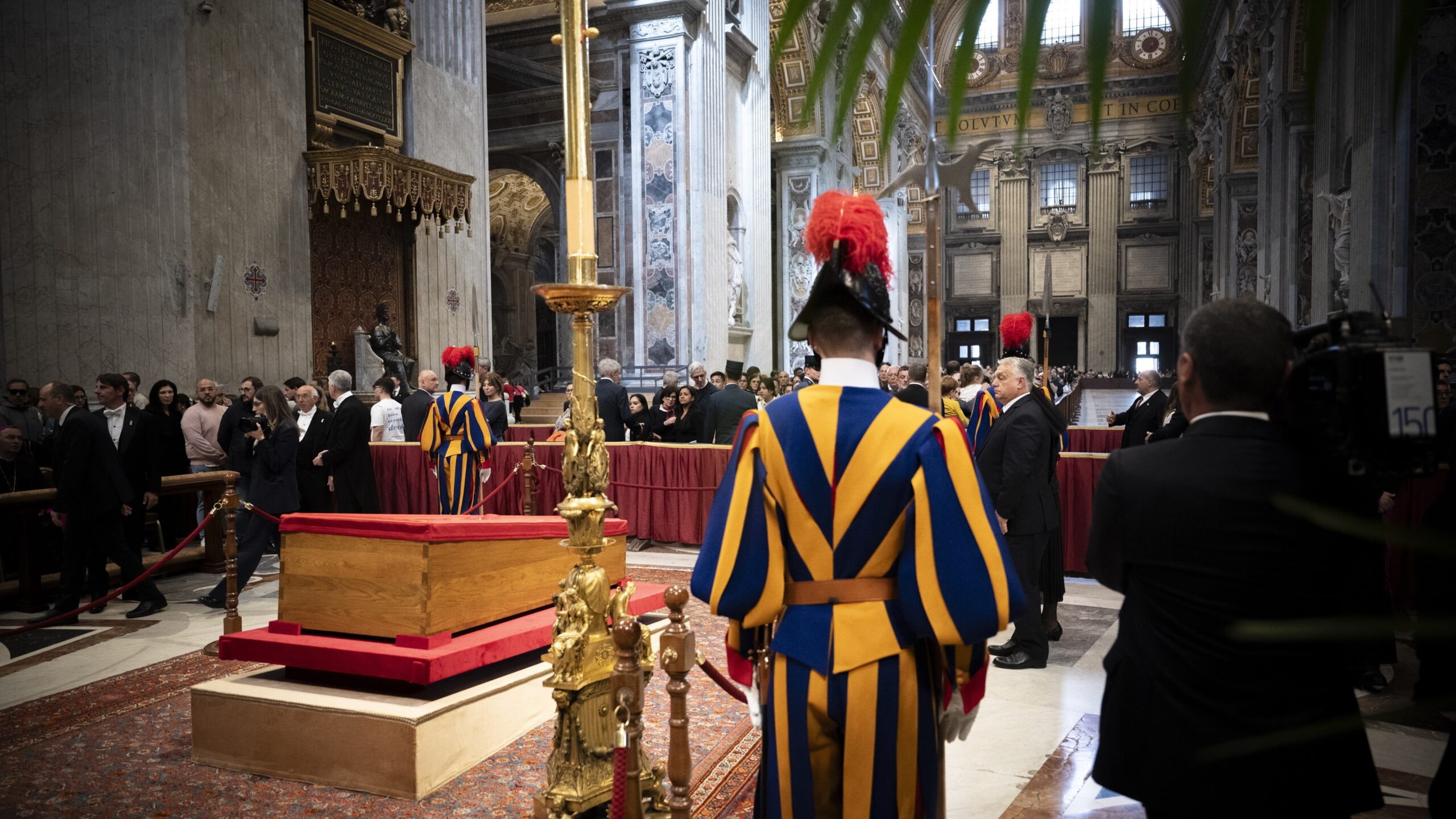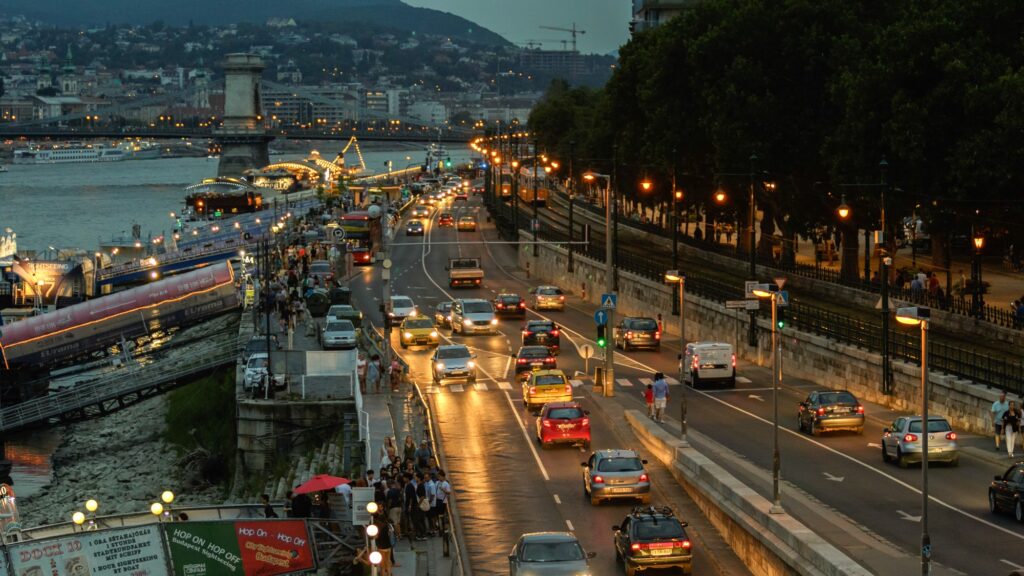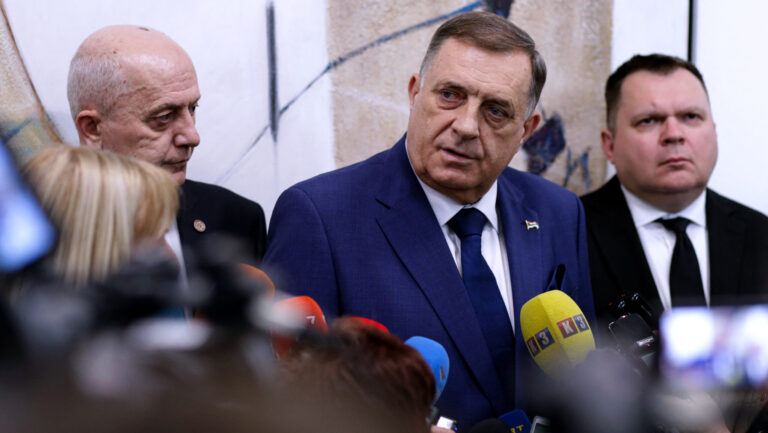Following Pope Francis’ funeral ceremony in Rome, Hungarian Prime Minister Viktor Orbán described the event as both a farewell and an uplifting, hope-inspiring occasion during an interview with TV2 on Saturday.
Orbán highlighted his personal bond with the late Pope, calling him not only a friend but also a supporter and encourager of Hungary’s peace initiatives. ‘I have lost a friend, and Hungary has lost a friend too, because the Holy Father loved us,’ he stated.
Reflecting on the current state of the world, marked by wars and daily casualties across continents, Orbán emphasized that the most resonant aspect of Pope Francis’ legacy is his unwavering message of peace. ‘Today, everything was about peace and ending wars,’ the Prime Minister said, summarizing the day’s core message as: ‘Be brave and make peace.’
When asked whether world leaders understand this message, Orbán responded: ‘If I understood it, then surely others can too,’ although he admitted that following such a command remains challenging. However, he expressed optimism, noting that the US President’s decision to take a leadership role in the peace camp could increase global momentum toward understanding and embracing peace.
Looking ahead, Orbán acknowledged that the next pope will face significant challenges in unifying the Catholic Church, which is increasingly divided internally. ‘The task is not organizational but an immense intellectual one,’ he remarked, stressing the need for renewed Christian unity. He also pointed out that Christianity remains the most persecuted religion globally, urging for stronger solidarity and a unifying papacy that can bring the Christian community together.
Regarding Cardinal Péter Erdő’s chances in the upcoming papal conclave, Orbán refrained from speculation but praised Erdő’s significant intellectual stature and contributions to Hungary and the Catholic Church.
On the occasion of the national day of mourning declared in Hungary for Pope Francis, Orbán called on Hungarians to embrace silence, reflection, and self-examination, with the hope that ‘we wake up tomorrow as better people.’
Related articles:








